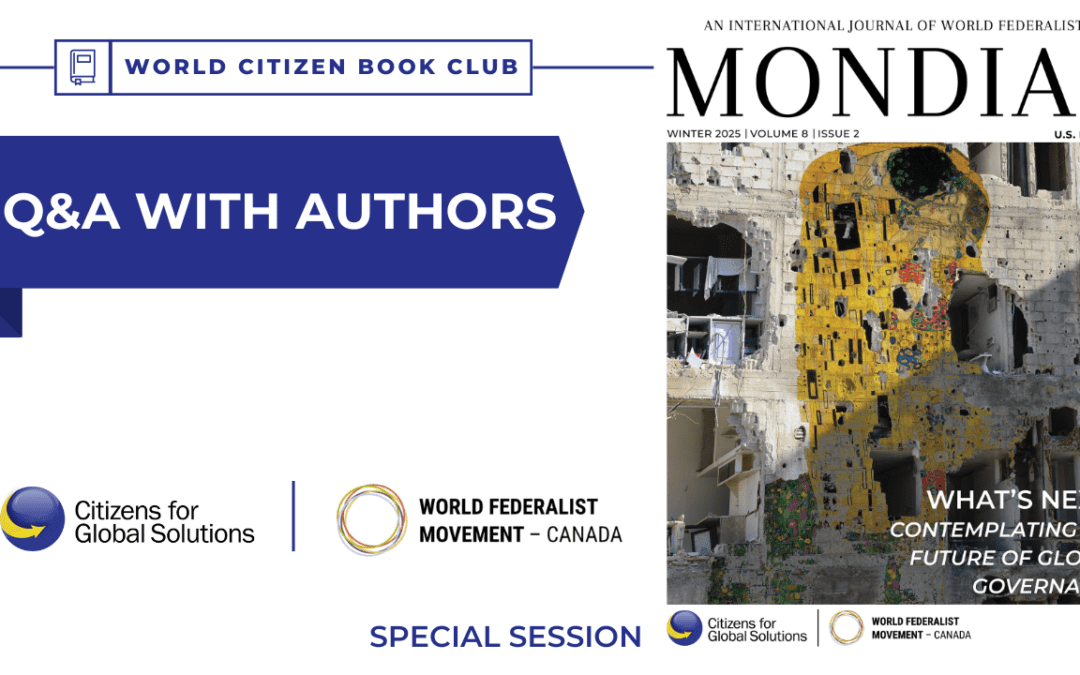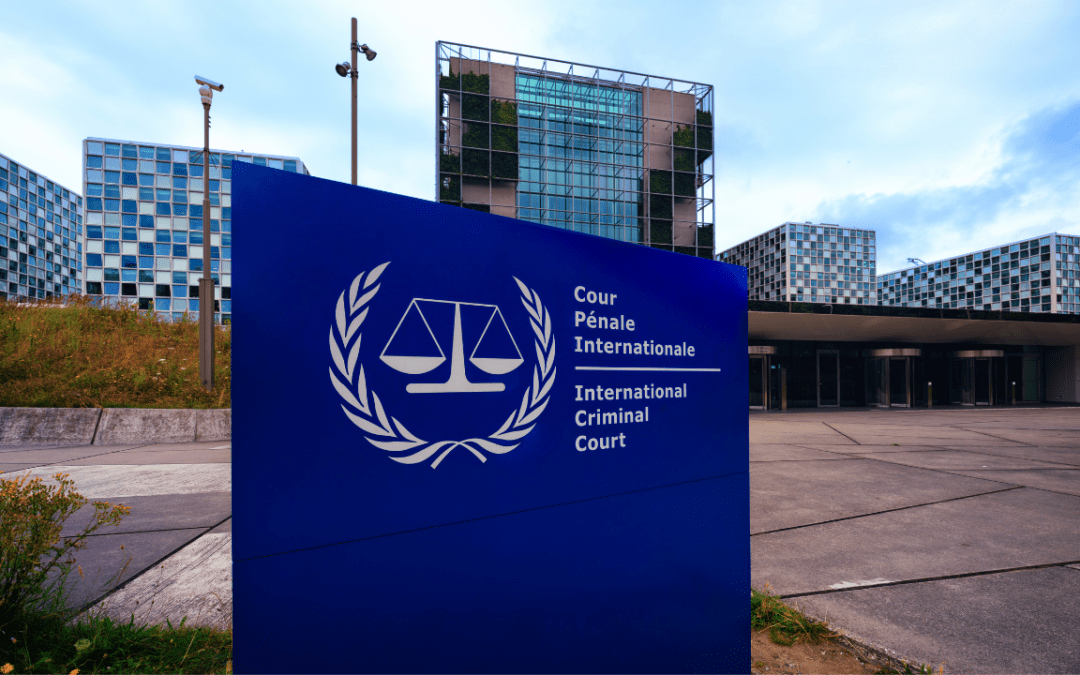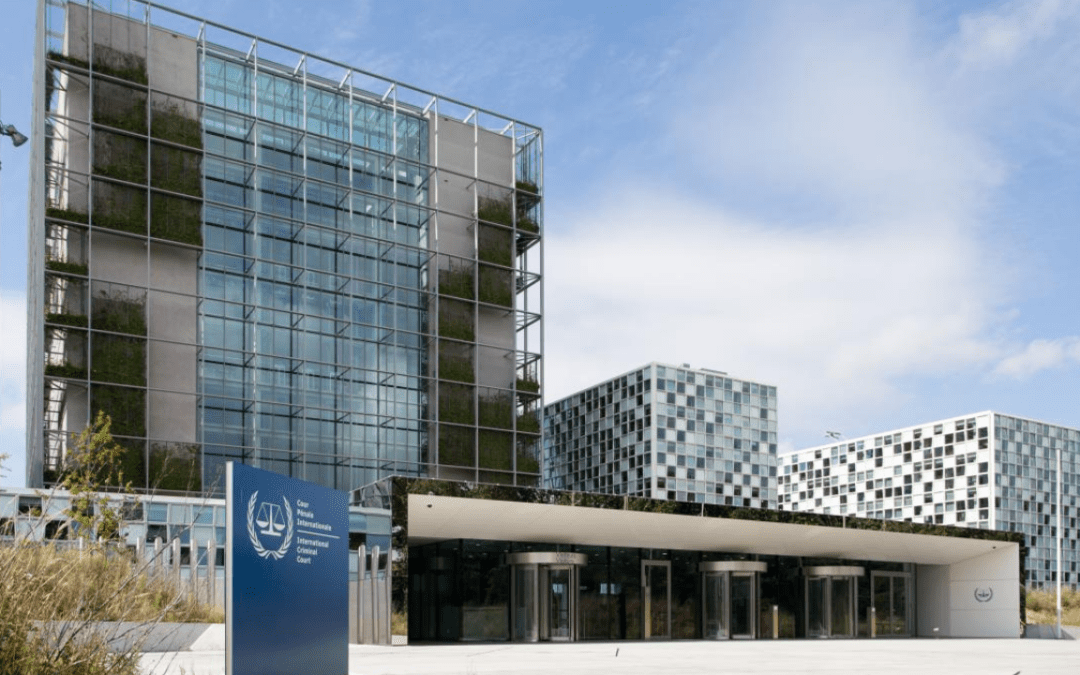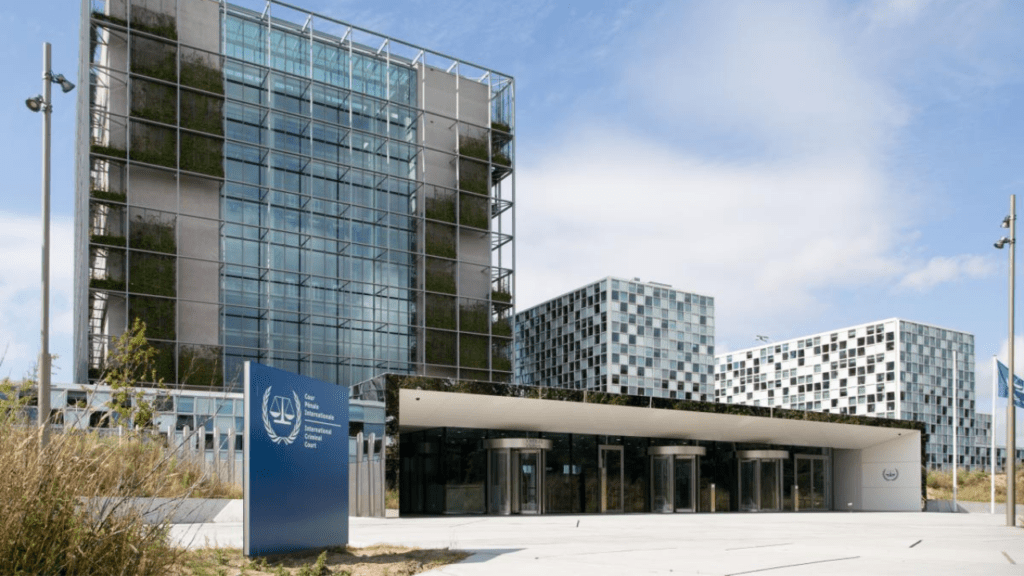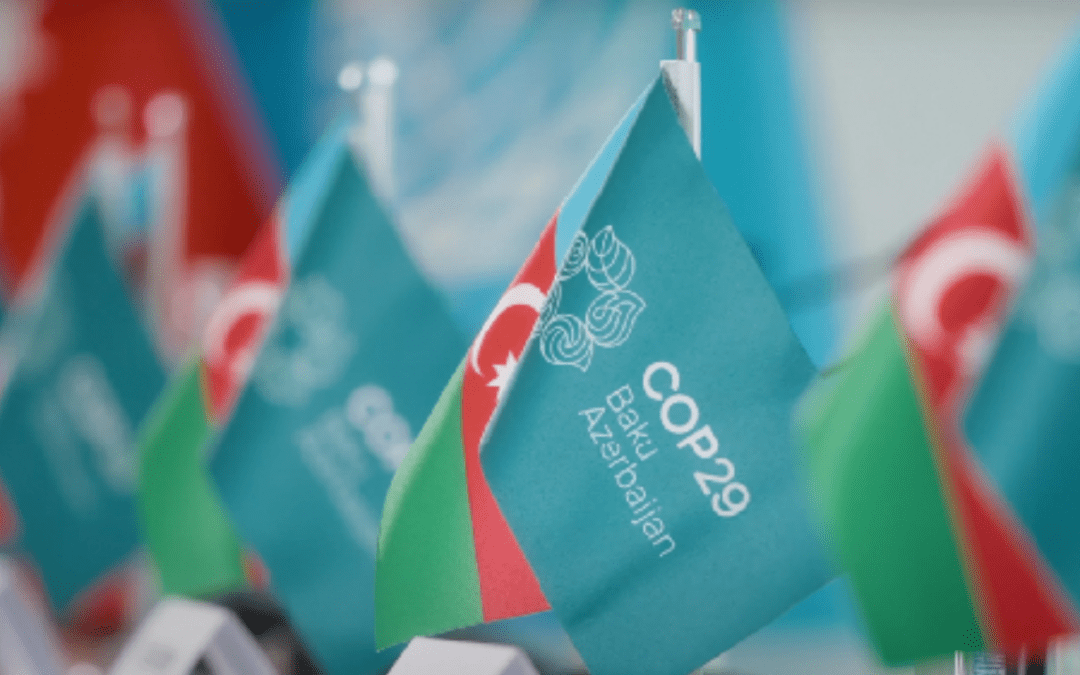Lawrence Wittner Jan 12 2025 Global Justice
In today’s world of widespread poverty and unprecedented wealth, how about raising the wages of the most poorly-paid workers?
This October, the World Bank reported that “8.5 percent of the global population―almost 700 million people―live today on less than $2.15 per day,” while “44 percent of the global population―around 3.5 billion people―live today on less than $6.85 per day.” Meanwhile, “global poverty reduction has slowed to a near standstill.”
In early 2024, the charity group Oxfam International noted that, since 2020, “148 top corporations made $1.8 trillion in profit, 52 percent up on 3-year average, and dished out huge payouts to rich shareholders.” During this same period, the world’s five wealthiest men “more than doubled their fortunes from $405 billion to $869 billion,” an increase of $14 million per hour. As corporate elites gathered in Davos for a chat about the world economy, ten corporations alone were worth $10.2 trillion, more than the GDPs of all the countries in Africa and Latin America combined.
The world’s vast economic inequality “is no accident,” concluded a top Oxfam official. “The billionaire class is ensuring corporations deliver more wealth to them at the expense of everyone else.”
Although inequalities in income and wealth have existed throughout much of human history, they have been softened somewhat by a variety of factors, including labor unions and―in modern times―minimum wage laws. Designed to provide workers with a basic standard of living, these laws create a floor below which wages are not allowed to sink. In 1894, New Zealand became the first nation to enact a minimum wage law, and―pressured by the labor movement and public opinion―other countries (including the United States in 1938) followed its lead. Today, more than 90 percent of the world’s nations have some kind of minimum wage law in effect.
These minimum wage laws have had very positive effects upon the lives of workers. Most notably, they lifted large numbers of wage earners out of poverty. In addition, they undermined the business practice of slashing wages (and thus reducing production costs) to increase profit margins or to cut prices and grab a larger share of the market.
Even so, the growth of multinational corporations provided businesses with opportunities to slip past these national laws and dramatically reduce their labor costs by moving production of goods and services to low-wage nations. This corporate offshoring of jobs and infrastructure gathered steam in the mid-20th century. Initially, multinational corporations focused on outsourcing low-skilled or unskilled manufacturing jobs, which had a negative impact on employment and wages in advanced industrial nations. In the 21st century, however, the outsourcing of skilled jobs, particularly in financial management and IT operations, rose dramatically. After all, from the standpoint of enhancing corporate profits, it made good sense to replace an American IT worker with an Indian IT worker at 13 percent the cost. The result was an accelerating race to the bottom.
In the United States, this export of formerly good-paying jobs to low-wage, impoverished countries―combined with “free trade” agreements, a corporate and government assault on unions, and conservative obstruction of any raise in the pathetically low federal minimum wage ($7.25 per hour)―produced a disaster. The share of private sector goods-producing jobs at high wages shrank, since the 1960s, from 42 to 17 percent. Increasingly, U.S. jobs were located in the low-paid service sector. Not surprisingly, by 2023 an estimated 43 million Americans lived in poverty, while another 49 million lived just above the official poverty line. Little wonder that, in this nation and many others caught up in corporate globalization, there was an alarming rise of rightwing demagogues playing on economic grievances, popular hatreds, and fears.
If, therefore, wages in underdeveloped nations and in advanced industrial nations are not keeping pace with the vast accumulation of capital by the world’s wealthiest people and their corporations, one way to counter this situation is to move beyond the disintegrating patchwork of wage floor efforts by individual nations and develop a global minimum wage.
Such a wage could take a variety of forms. The most egalitarian involves a minimum wage level that would be the same in all nations. Unfortunately, though, given the vast variation among countries in wealth and current wages, this does not seem practical. In Luxembourg, for example, the average yearly per capita purchasing power is 316 times that of South Sudan. But other options are more viable, including basing the minimum wage on a percentage of the national median wage or on a more complex measurement accounting for the cost of living and national living standards.
Over the past decade and more, prominent economists and other specialists have made the case for a global minimum wage, as have a variety of organizations. For an appropriate entity to establish it, they have usually pointed to the International Labour Organization, a UN agency that has long worked to set international labor standards.
The advantages of a global minimum wage are clear.
It would lift billions of people out of poverty, thus enabling them to lead far better lives.
It would reduce the corporate incentive for offshoring by limiting the ability of multinational corporations to obtain cheap labor abroad.
By keeping jobs in the home country, it would aid unions in wealthy nations to retain their memberships and provide protection against “corporate blackmail”―the management demand that unions either accept contract concessions or get ready for the shift of corporate jobs and production overseas.
By raising wages in impoverished countries, it would reduce the poverty-driven mass migration from these nations and, thereby, deprive rightwing demagogues in wealthier countries of one of their most potent issues.
Of course, higher labor costs at home and abroad would reduce corporate profits and limit the growth of billionaires’ wealth and power. But wouldn’t these also be positive developments?

